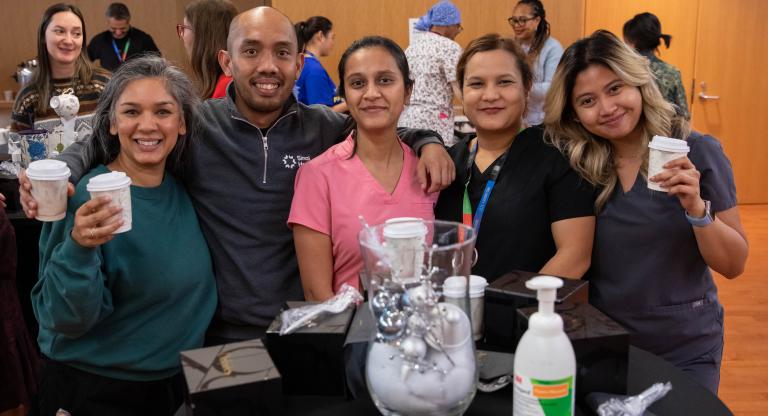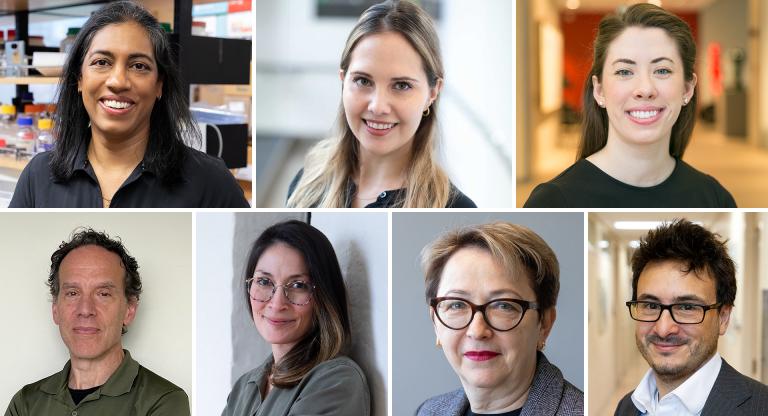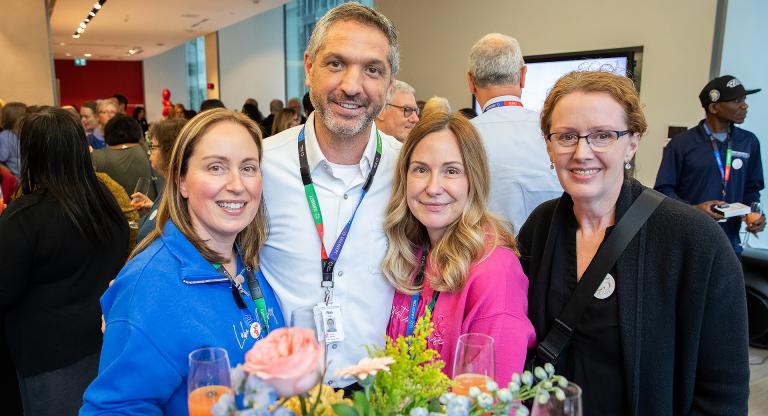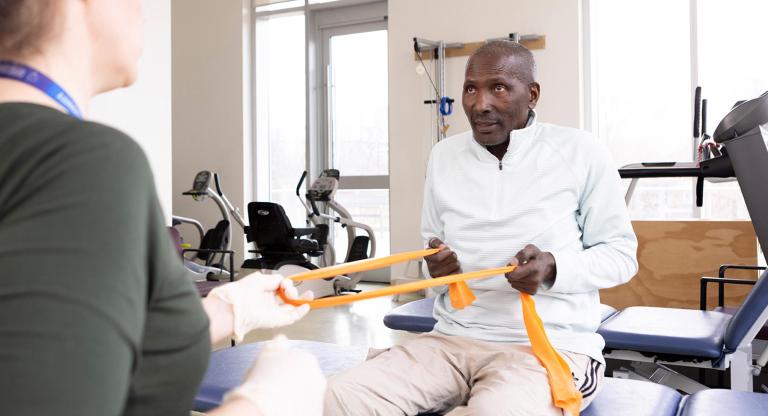“I truly believe that movement is medicine”
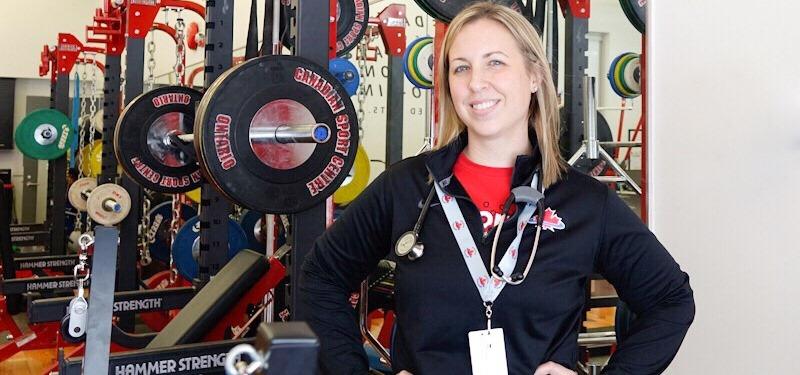
Dr. Kim Coros, a Physiatrist at Bridgepoint, leads a double life. Four days a week she’s at the hospital working with patients on the Neurologic Rehabilitation unit. One day a week, she’s at the Athletics Canada training hub or Canadian Sport Institute, working with Olympic, Paralympic, and other high-performance athletes.
As a Physiatrist, Dr. Coros has expertise in the functioning of muscles, bones and nerves. There are some definite contrasts between the populations she works with in her two roles. “At Bridgepoint, the patients I see may be recovering after a brain or spinal cord injury or they may have a chronic condition affecting movement, such as Parkinson’s or Multiple Sclerosis. I work with the care team to help the patient to improve their function so that they can get back to their lives in the community,” she says. “With athletes, on the other hand, we’re working to optimize their performance. That can be about shaving tenths of a second from a race time.”
Whether she’s working with patients on the unit at Bridgepoint, or trackside at Canada’s National Track and Field Championships, there are some striking similarities to her roles. “Both of my roles are about problem solving, working with a team to provide excellent care, and helping individuals to achieve their specific goals. I feel incredibly lucky to work with both populations. Seeing people achieve their goals is extremely rewarding.”
In addition to the dual roles in her practice, Dr. Coros is also a passionate advocate when it comes to promoting physical activity as an essential part of a healthy lifestyle. She takes her message about physical activity to the classroom at the University of Toronto, where she teaches Medical Students about how to support patients to be active and exercise safely. “I think physicians sometimes feel uneasy about giving advice on exercise, especially for patients who have chronic conditions,” she says. “They’re worried about the possibility of harm. I want them to be equipped with the knowledge they need, because the potential consequences of inactivity are generally much greater and a much larger problem in our culture.”
When it comes to physical activity, Dr. Coros likes to ‘walk the walk’. She played competitive soccer until recently and now trains for triathlons. But, she emphasizes that we don’t all have to be athletes to reap the benefits of physical activity. “Exercise and physical activity can be for everyone. You don’t have to be an athlete to reap the health benefits. At the end of the day, I truly believe that movement is medicine.”









